The primary sources of vitamin B12 are animal-based foods such as meat, fish, eggs, and dairy. People who follow vegetarian diets, those who are pregnant or breastfeeding, and others at heightened risk of deficiency might require supplementation.
Vitamin B12 is a water-soluble nutrient that plays several vital roles in the body.
It’s crucial for neural health, supports DNA and red blood cell formation, and helps maintain normal cognitive function.
The Reference Daily Intake (RDI) is roughly 2.4 micrograms (mcg), with slightly greater needs during pregnancy and lactation.
Vitamin B12 is absorbed in the stomach with the assistance of a protein called intrinsic factor. This protein attaches to B12 and facilitates its uptake into the bloodstream and cells.
Surplus B12 is stored in the liver. If you ingest more than the RDI, your body retains it for future use.
The human body cannot synthesize vitamin B12, so it must be obtained through diet or supplements. Below are 12 B12-rich foods to consider incorporating into your meal plan.
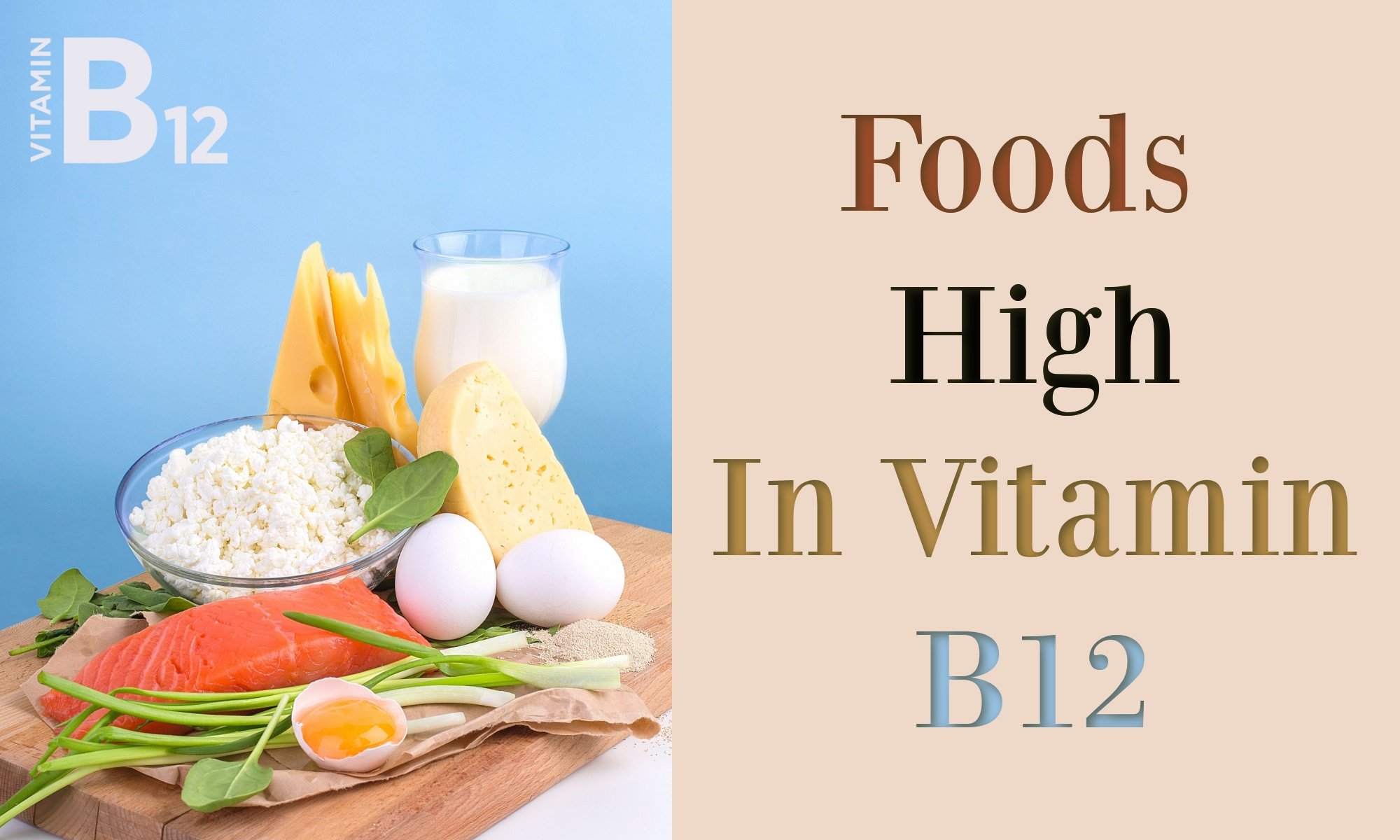
1. Animal liver and kidneys
Organ meats are among the most nutrient-dense foods. Liver and kidneys—particularly from lamb—are especially rich in vitamin B12.
A serving of lamb liver delivers an astonishing 3,571% of the Daily Value (DV) for vitamin B12.
While lamb liver typically has higher B12 levels than beef or veal liver, the latter two still offer around 3,000% DV per 3.5 ounces (100 grams).
Lamb liver is also very high in copper, selenium, and vitamins A and B2.
Lamb, veal, and beef kidneys are likewise abundant in vitamin B12. A 3.5-ounce (100-gram) portion of lamb kidneys provides roughly 3,000% of the DV, along with over 100% of the DV for vitamin B2 and selenium.
2. Clams
Clams are small, chewy shellfish loaded with nutrients.
This mollusk is a lean protein source and contains very high amounts of vitamin B12. Twenty small clams (190 grams) can supply over 7,000% of the DV.
Clams—especially whole baby clams—also deliver a substantial amount of iron, providing almost 200% of the DV in a 100-gram (3.5-ounce) serving.
Additionally, clams are a source of antioxidants.
Interestingly, the broth from boiled clams is also rich in vitamin B12. Canned clam broth may provide 113–588% of the DV per 3.5 ounces (100 grams).
3. Sardines
Sardines are small, soft-boned saltwater fish, commonly sold canned in water, oil, or sauces, though fresh sardines are also available.
Sardines are notably nutritious, offering meaningful amounts of nearly every essential nutrient. A serving of drained sardines provides 554% of the DV for vitamin B12.
Moreover, sardines are an excellent source of omega-3 fatty acids, which contribute to several health benefits like lowering inflammation and supporting cardiovascular health.
4. Beef
Beef is an outstanding source of vitamin B12. One grilled flat iron steak provides about 467% of the DV for vitamin B12.
The same portion supplies notable amounts of vitamins B2, B3, and B6, as well as over 100% of the DV for selenium and zinc.
If you want higher concentrations of vitamin B12, opt for lean cuts of meat. It’s also better to grill or roast rather than fry to better preserve B12 content.
5. Fortified cereal
This B12 source can be especially useful for vegetarians and vegans because the vitamin is synthetically added rather than derived from animal products.
Although fortified cereals are not always recommended as a health food staple, they can be a convenient source of B vitamins, including B12. Fortification involves adding nutrients that the food did not originally contain.
For example, Malt-O-Meal Raisin Bran provides up to 62% of the DV for vitamin B12 in a serving. That same portion also supplies 29% of the DV for vitamin B6 and meaningful amounts of vitamin A, folate, and iron.
Research indicates that consuming fortified cereals regularly helps raise vitamin B12 levels.
One study found that participants who ate 1 cup (240 mL) of fortified cereal containing 4.8 mcg (200% of the DV) of vitamin B12 each day for 14 weeks experienced significant increases in B12 status.
If you rely on fortified cereals to boost B12 intake, choose options with low added sugar and high fiber or whole grains.
6. Tuna
Tuna is a widely eaten fish and a fine source of protein, vitamins, and minerals.
It contains high levels of vitamin B12, particularly in the dark muscles just under the skin.
A 3.5-ounce (100-gram) serving of cooked tuna contains about 453% of the DV for vitamin B12. The same portion also offers lean protein, phosphorus, selenium, and vitamins A and B3.
Canned light tuna also provides a respectable amount of vitamin B12. Three ounces of light tuna in water delivers approximately 152% of the DV.
7. Fortified nutritional yeast
Nutritional yeast supplies protein, vitamins, and minerals. It’s a species of yeast cultivated for food use, not for leavening breads or brewing.
Nutritional yeast does not naturally contain vitamin B12, but it is frequently fortified, making it an excellent source of the vitamin.
Like fortified cereals, the B12 in nutritional yeast is synthetic and therefore vegan-friendly. Two tablespoons (15 grams) of fortified nutritional yeast can provide up to 733% of the DV for vitamin B12.
In one trial, adding nutritional yeast to the diets of raw food vegans increased blood vitamin B12 levels and helped reduce markers of B12 deficiency.
8. Trout
Rainbow trout is a rich source of protein, healthy fats, and B vitamins.
A 3.5-ounce (100-gram) trout fillet supplies about 312% of the DV for vitamin B12 and 1,171 mg of omega-3 fatty acids.
For adults, a combined daily intake of 1,100–1,600 mg of omega-3 fatty acids is often recommended.
Trout also provides important minerals such as manganese, phosphorus, and selenium.
9. Salmon
Salmon is renowned for its high omega-3 fatty acid content and is likewise an excellent source of B vitamins.
A 3.5-ounce (100-gram) serving of cooked salmon can deliver about 208% of the DV for vitamin B12. The same portion may provide roughly 4,123 mg of omega-3 fatty acids.
Along with its healthy fats, salmon supplies ample protein, offering about 40 grams in a half fillet (178 grams).
10. Fortified nondairy milk
Nondairy milks are popular for people seeking plant-based alternatives to cow’s milk.
Although soy, almond, and rice milks do not naturally contain vitamin B12, they are commonly fortified, making them a useful B12 source.
For instance, some soy milks provide up to 86% of the DV for vitamin B12 per 1 cup (240 mL).
11. Cow’s milk and other dairy products
Milk and other dairy foods, such as yogurt and cheese, are valuable sources of protein and several vitamins and minerals, including vitamin B12.
One cup of whole milk supplies about 46% of the DV for vitamin B12.
Cheese is also rich in B12; one ounce (28 grams) of Swiss cheese contains around 28% of the DV.
Full-fat plain yogurt may also be beneficial. It has been shown to help improve vitamin B12 status in people who are deficient.
Interestingly, some research suggests your body may absorb B12 from milk and dairy products more effectively than B12 from beef, fish, or eggs.
12. Eggs
Eggs are an excellent source of protein and B vitamins, notably B2 and B12.
Two large eggs supply about 46% of the DV for vitamin B12 and approximately 39% of the DV for vitamin B2.
Studies show that egg yolks contain higher amounts of vitamin B12 than egg whites, and B12 in yolks is more readily absorbed. For this reason, eating whole eggs is recommended rather than just the whites.
Besides vitamin B12, eggs provide vitamin D—one of the few natural food sources—with two large eggs offering about 11% of the DV.
Should you take vitamin B12 supplements?
Vitamin B12 supplements are advised for people at risk of deficiency, including:
- older adults
- people who are pregnant or breastfeeding
- vegetarians and vegans
- individuals with intestinal disorders
- people who have undergone stomach surgery
Like the B12 in fortified foods, supplemental B12 is synthetic and thus vegan-friendly.
Vitamin B12 supplements come in many forms: pills to swallow, chewables, liquids, sublingual drops, or intramuscular injections administered by a clinician.
Research indicates that oral B12 and intramuscular injections are similarly effective at restoring B12 levels in deficient individuals.
One study found that people with low B12 levels replenished their stores after 90 days of either oral supplements or injections.
Pernicious anemia
Vitamin B12 deficiency is not always caused by inadequate dietary intake. Sometimes it stems from a lack of intrinsic factor.
Intrinsic factor deficiency is more common in older adults and is frequently linked to an autoimmune condition called pernicious anemia.
The typical treatment for pernicious anemia is lifelong B12 injections, though small amounts of B12 can be absorbed without intrinsic factor.
Some evidence suggests that taking 1,000 mcg orally each day is an effective alternative to injections.
Frequently asked questions
What is vitamin B12 deficiency?
You may develop vitamin B12 deficiency if your body fails to produce sufficient intrinsic factor or if your diet lacks foods rich in B12.
Vitamin B12 is primarily present in animal products, especially meats and dairy. For those following vegan diets, fortified foods can serve as viable sources.
What food is highest in B12?
Organ meats like liver and kidneys are among the richest sources of vitamin B12. Clams are another food very high in B12.
Which fruits have the most vitamin B12?
Fruits do not contain vitamin B12. B12 is obtained from animal meats, dairy, eggs, and certain fortified items such as breakfast cereals and nutritional yeast.
How do you increase your vitamin B12 levels naturally?
You can boost vitamin B12 levels by eating foods high in B12—typically animal meats, dairy, and eggs.
Dietary supplements are another option. For individuals with pernicious anemia, treatment may include B12 supplements or injections.
The bottom line
Vitamin B12 is an essential nutrient required for numerous vital bodily functions.
It’s found in animal-derived foods, fortified products, and supplements. Some of the most concentrated sources include liver, beef, sardines, clams, and dairy.
Whether your goal is to restore B12 stores or prevent deficiency, incorporating these foods into your diet can significantly support your overall health.

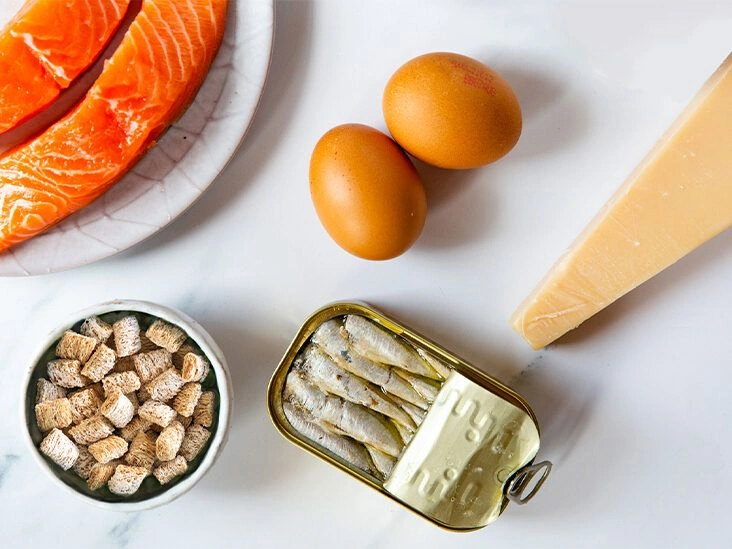
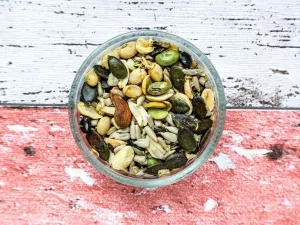



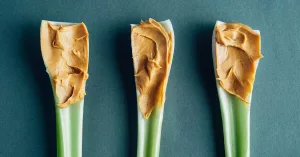
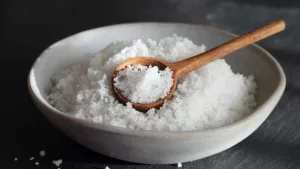

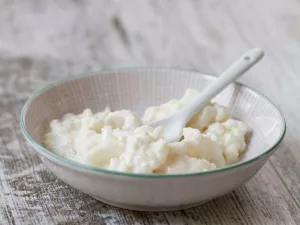


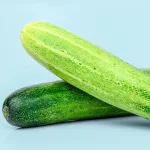




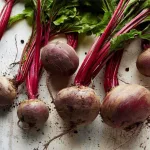


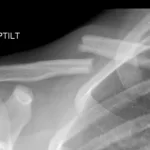
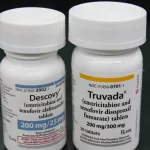



Leave a Reply
You must be logged in to post a comment.